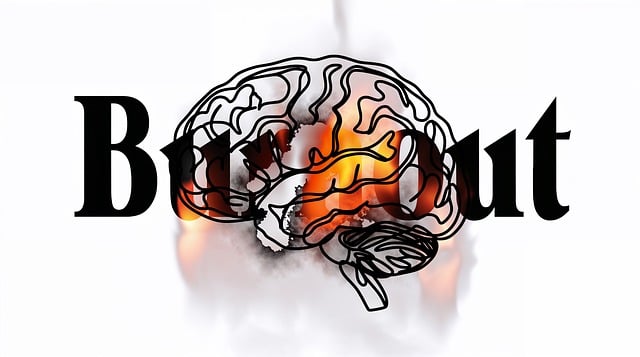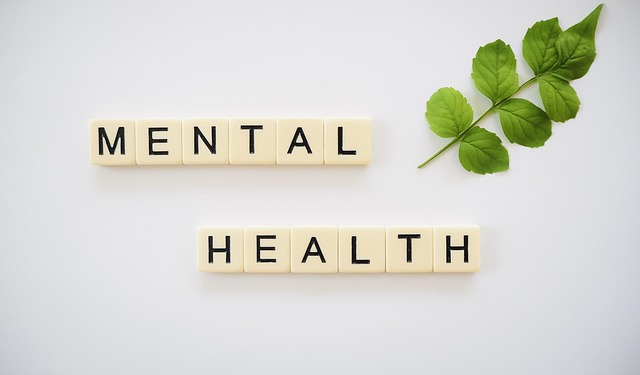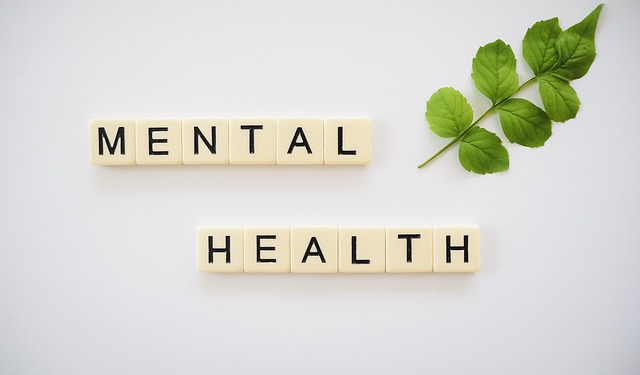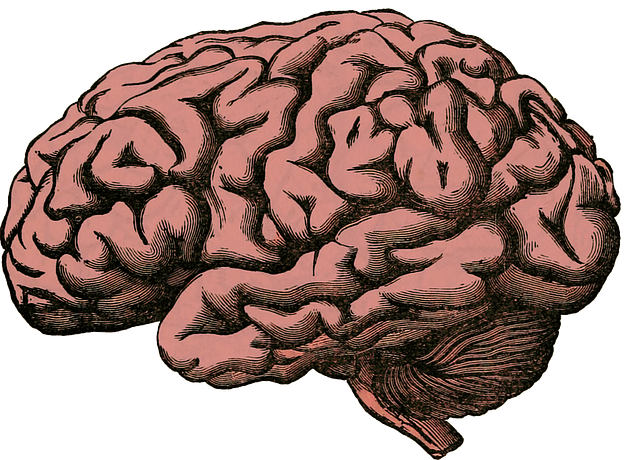Mental health crisis hotlines, available 24/7, offer critical support for individuals facing emotional distress and mental health crises. Superior Bilingual Therapy enhances these services by providing multilingual professionals who break communication barriers and facilitate risk management planning. This approach caters to diverse communities, fostering trust and encouraging open dialogue, ultimately improving crisis intervention outcomes. By integrating cultural sensitivity and effective communication, Superior Bilingual Therapy models ensure tailored assistance for all callers, addressing the growing mental health awareness needs of culturally varied populations.
“In today’s fast-paced world, mental health crisis hotline support services play a pivotal role in assisting individuals in distress. This article explores critical aspects of these lifelines, focusing on the significance of understanding mental health crises and effective access strategies. We delve into the unique value of bilingual therapy, especially in emergency situations, and highlight how it enhances crisis response. Furthermore, we discuss superior bilingual therapy models as a game-changer in providing comprehensive support, ensuring that those in need receive the best possible care.”
- Understanding Mental Health Crisis Hotlines
- The Role of Bilingual Therapy in Emergency Support
- Accessing and Utilizing These Services Effectively
- Enhancing Crisis Response with Superior Bilingual Therapy Models
Understanding Mental Health Crisis Hotlines

Mental health crisis hotlines are vital resources offering immediate support and guidance during intense emotional distress or mental health crises. These 24/7 services provide a safe, confidential space for individuals to connect with trained professionals who can offer crisis intervention and anxiety relief strategies. Hotline operators are equipped to handle a wide range of issues, from suicidal ideation and self-harm to panic attacks and acute stress reactions.
Superior Bilingual Therapy plays a crucial role in ensuring these hotlines cater to diverse communities by providing services in multiple languages, enabling effective communication with culturally diverse individuals who might otherwise face barriers to accessing care. In addition to immediate support, crisis hotline operators often facilitate risk management planning for mental health professionals, offering guidance on de-escalation techniques and safe practices for managing high-risk situations. This collaborative approach contributes to a comprehensive strategy for addressing mental health crises and improving overall community well-being.
The Role of Bilingual Therapy in Emergency Support

In today’s diverse society, providing mental health crisis hotline support services that cater to a wide range of linguistic backgrounds is paramount. Superior Bilingual Therapy plays a pivotal role in bridging the gap between individuals in need and the critical care they deserve. Trained therapists who speak multiple languages can offer immediate comfort and effective communication, ensuring that every caller feels heard and understood. This approach not only enhances accessibility but also fosters trust and encourages open dialogue, which are essential for effective crisis intervention.
The integration of Mind Over Matter principles into these therapy sessions empowers callers with valuable mood management strategies. By employing evidence-based techniques and risk management planning tailored to each individual’s unique needs, mental health professionals can help clients navigate through acute distress. This specialized support is particularly crucial when dealing with cultural nuances that might influence emotional expression and coping mechanisms. Ultimately, superior bilingual therapy enriches the overall effectiveness of hotline services, contributing significantly to improved outcomes for those facing mental health crises.
Accessing and Utilizing These Services Effectively

Accessing these crucial support services is a vital step in prioritizing emotional well-being promotion techniques. Many hotlines offer confidential and anonymous counseling, making them easily accessible for those seeking immediate assistance. To effectively utilize these services, individuals should be prepared with clear thoughts about their current mental state and any specific concerns or triggers. Having a notepad ready to jot down key points during the call can help ensure important details are conveyed accurately.
For those who speak multiple languages, superior bilingual therapy services are available, offering support in languages other than English. This is particularly beneficial for communities with diverse linguistic backgrounds, ensuring cultural sensitivity and effective communication. Mental health policy analysis and advocacy play a significant role in improving access to such hotline services, especially when coupled with the development of mental wellness coaching programs that can further enhance individual recovery journeys.
Enhancing Crisis Response with Superior Bilingual Therapy Models

In today’s diverse society, enhancing crisis response involves leveraging superior bilingual therapy models to cater to a broader range of individuals in need. These advanced therapeutic approaches play a pivotal role in improving mental health hotline support by breaking down language barriers and fostering deeper connections. By incorporating skilled interpreters or bilingual therapists, services can effectively communicate with those who speak different languages, ensuring that every caller receives tailored assistance. This inclusive approach is particularly crucial in addressing the growing demand for mental health awareness and stress reduction methods among culturally varied populations.
Superior bilingual therapy models not only facilitate clear communication but also enable therapists to understand cultural nuances, promote positive thinking, and provide contextually appropriate support. This personalized touch can significantly enhance the effectiveness of crisis response, making it more inclusive and impactful. Such initiatives contribute to a holistic approach in managing mental health crises, reflecting the evolving needs of society while aiming to improve overall well-being.
Mental health crisis hotline support services play a vital role in assisting individuals during emergencies. By combining understanding and access to effective resources, we can enhance crisis response, especially through superior bilingual therapy models that cater to diverse populations. Implementing these strategies ensures better care and outcomes for those facing mental health crises, highlighting the importance of continuous improvement in emergency support systems.









